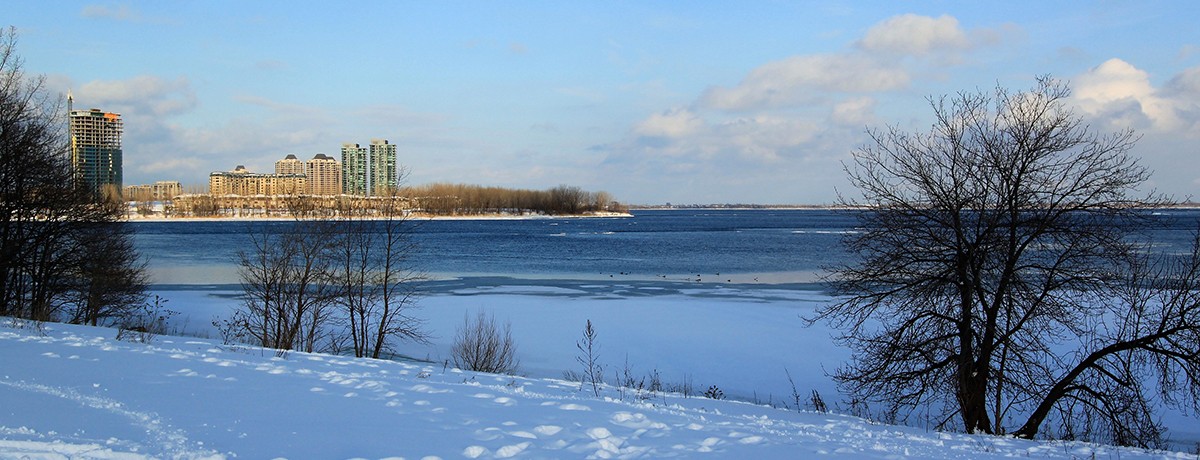It is real cold outside, but real estate prices in Montreal are getting hotter and hotter. After Vancouver and Toronto, is the real estate craze about to spread to our own Montreal neighborhoods?
It’s still early days, but it looks like foreign buyers are finding new Canadian markets in which to invest, particularly Ottawa and Montreal. A recent survey reveals that the Nun's Island had the largest increases in the share of non-resident owners over the last year, climbing from 4.3 per cent in 2016 to 7.6 per cent in 2017.
It seems the increase in Montreal overall could be related to investors trying to avoid the 15 per cent foreign ownership tax in Toronto and Vancouver. Another explanation could be that new foreign investors see Montreal as an undervalued market ready to take off.
“Some affordability tensions may be emerging in Ottawa and, to a lesser extent, Montreal,” reads RBC’s latest report on housing affordability.
RBC measures affordability as the share of pre-tax income that a household with middling earnings would have to devote to mortgage costs, property taxes and utilities based on local average housing prices.
That share is a mind-boggling 88 per cent of income in the Vancouver area and an only slightly better 78 per cent in Toronto.
Things aren’t nearly as bad in Ottawa and Montreal yet, with housing costs taking up 39 per cent and 43 per cent of local median incomes respectively. But that may be part of the problem, as both cities appear to be attracting buyers who might have, until recently, had their eyes only on Toronto and Vancouver.
Montreal is expected to become a magnet for foreign house hunters, especially from Asia, as new direct travel routes and the foreign buyer taxes implemented in Toronto and Vancouver make it an increasingly attractive option for overseas buyers.
A soaring economy and record-low unemployment are also responsible for the strongest real estate market Montreal has seen in years—if not ever.
The average residential resale likely rose four per cent in 2017, up from $350,000 to an expected $365,000.
Housing costs are now approaching 45 per cent of median incomes, up from a long-term average of below 40 per cent, according to RBC.
Stress tests and marginally more expensive mortgages seem unlikely deterrents for well-heeled foreign buyers snatching up property in Westmount and Ville Mont-Royal.
The new measures which came into effect on January 1, 2018 will slow the housing market, particularly in the first half of 2018, as buyers adjust both their expectations and finances.
As of Jan. 1, most Canadians planning to buy a home with a downpayment of 20 per cent or more are facing a stress test that ensures they would be able to cope with higher interest rates, a measure that’s already in place for homebuyers with smaller down payments, who require mortgage insurance. Tougher standards also apply to those applying for refinancing or switching lenders when renewing their mortgage.
23 Old Forest, Kirkland, $629,000
Still the forecast for the Greater Montreal Area is that prices will rise more in 2018 than the previous year.
2018 forecast: prices up 5.5 per cent; weighted average price rises to: $408,285
2017 forecast: prices up 4. per cent; weighted average prices: $386,000
Purchases made by foreign buyers in high-end neighborhoods such as downtown, Westmount and Ville Mont-Royal are expected to continue. The strong local economy and relative affordability are credited for driving consumer demand from this demographic.
As a result, Montreal's new Mayor Valerie Plante is lobbying the Quebec government for the powers to tax foreign owners similar to Toronto and Vancouver.
"I'm not planning on putting a tax, I'm planning on getting the power from Quebec to create a tax if necessary. This is still in the plan," she said.
